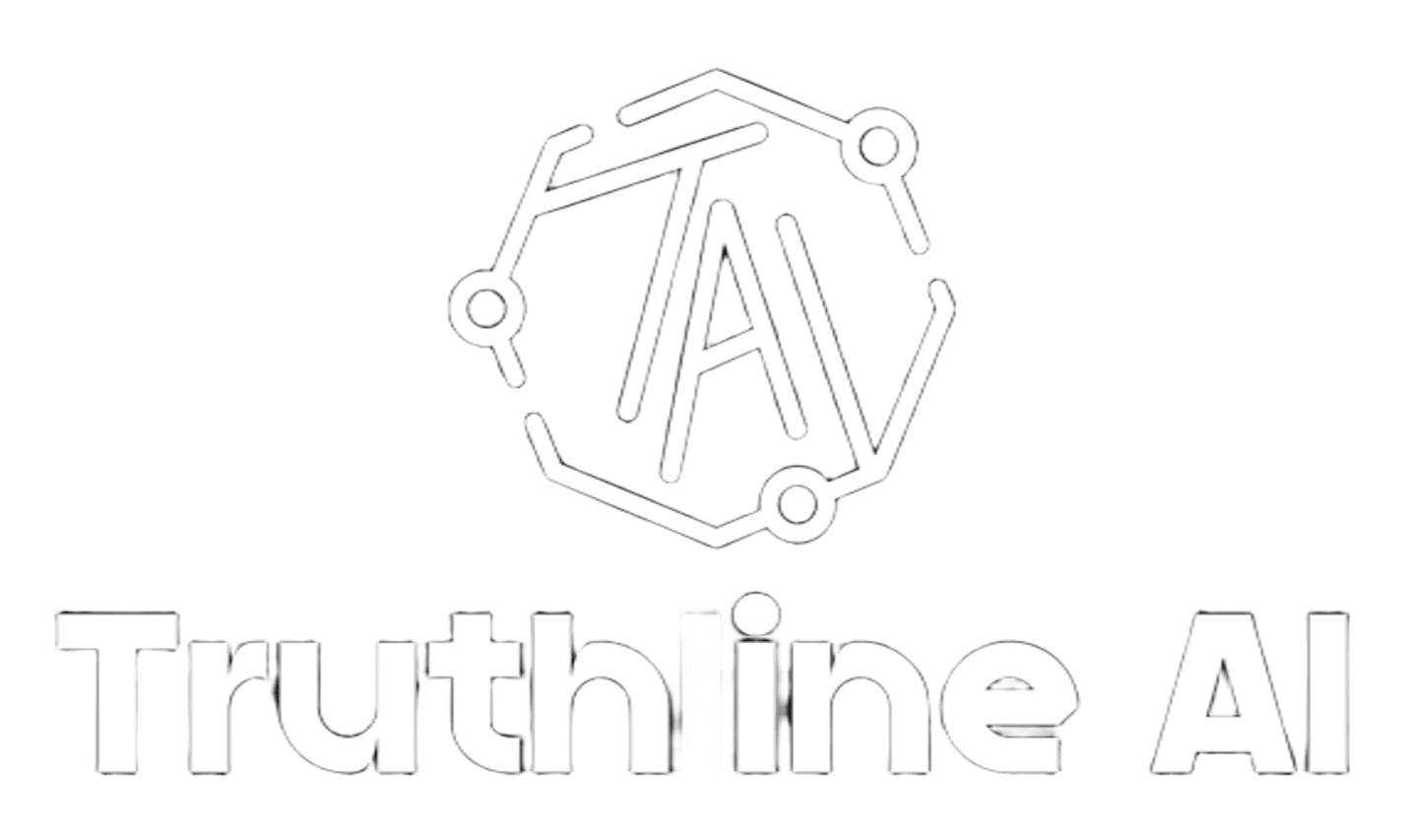Analysis of The Business Daily Newspaper -July 22,2025
Tone
The tone of The Business Daily on July 22, 2025, is predominantly critical and investigative, scrutinizing financial mismanagement, governance failures, and policy inconsistencies. It adopts a concerned yet proactive stance when discussing economic reforms, tax policies, and climate initiatives, emphasizing accountability and progress. However, it balances this with an optimistic undertone in reporting technological innovations like carbon capture and education reforms, suggesting cautious hope for future improvements.
Track
The newspaper’s track focuses on economic and regulatory issues, with recurring themes of tax compliance, governance, and regional trade dynamics. It highlights institutional failures alongside solutions . The coverage also tracks regional mobility trends and labor shifts, reflecting a broader interest in East Africa’s socio-economic integration and workforce challenges.
Framing
Stories are framed around accountability, portraying the KRA, county governments, and regional bodies as either enforcers or laggards in policy implementation. The SACCO scandal and cargo monopoly dispute are framed as systemic failures requiring intervention, while climate and education reforms are presented as forward-thinking initiatives. The brain drain in hospitality is framed as a crisis, contrasting with the opportunities in carbon tech, illustrating a tension between challenges and innovation.
Editorial Agenda
The editorial agenda prioritizes fiscal discipline, governance reforms, and sustainable development, evident in the focus on tax leaks, audits, and emission cuts. It advocates for regional cooperation while critiquing policy gaps. The inclusion of historical management theories alongside modern education reforms suggests an agenda linking past insights to current policy debates.
Conclusion
The Business Daily presents a nuanced narrative of Kenya’s economic landscape, blending criticism of corruption with praise for innovation. Its policy-heavy coverage underscores the tension between regulatory enforcement and systemic inefficiencies, particularly in tax and governance. Ultimately, the paper strikes a balance between exposing flaws and promoting solutions, positioning itself as a watchdog with a developmental lens.
